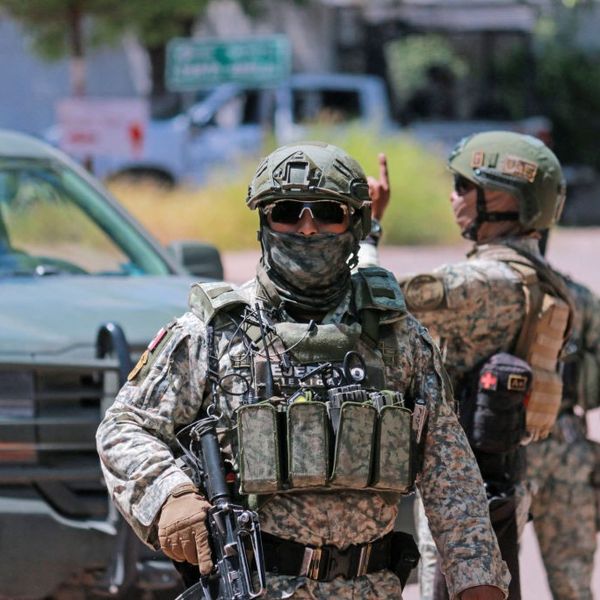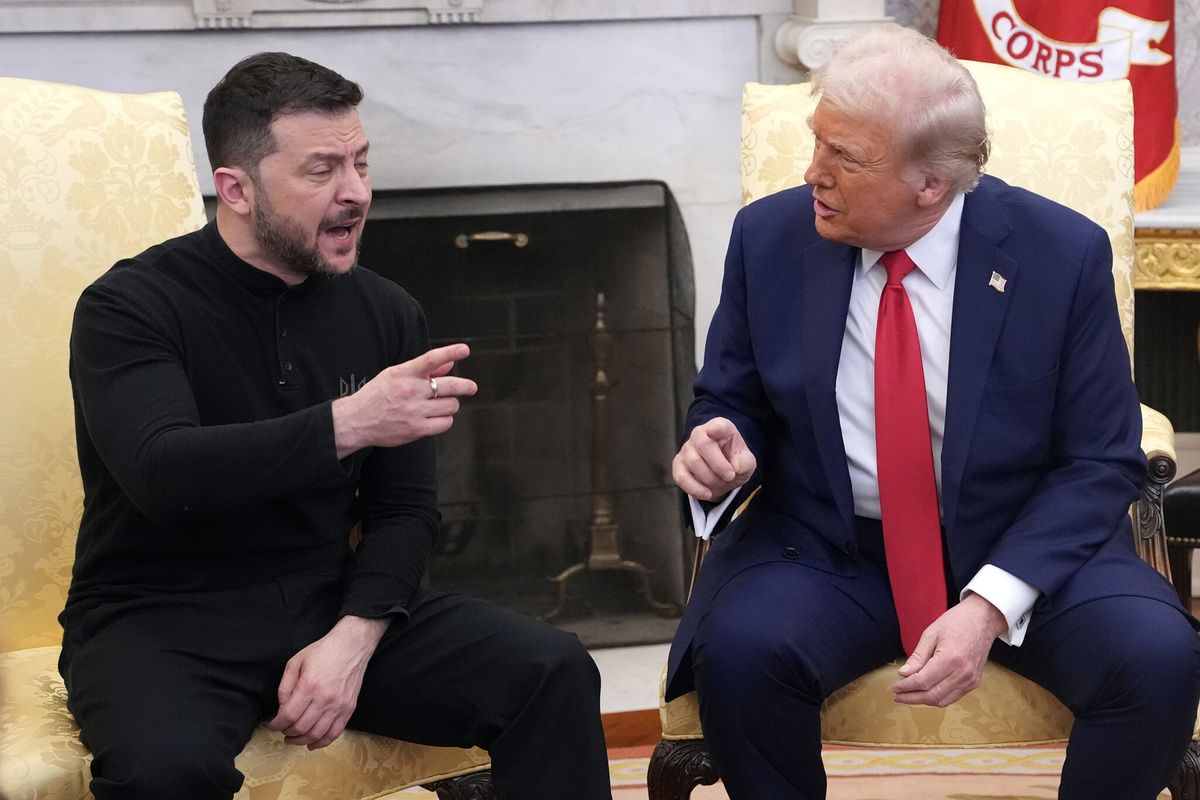Prepare yourselves for a stepped-up, worldwide war against Islamic radical terrorists directed from the White House by President-elect Donald Trump and his closest aides, who claim this to be a 21st Century crusade to save Judeo-Christian values from what they see as an apocalyptic cancer growing within the Islamic religion.
Steve Bannon, who will be Trump’s White House strategic adviser, characterized the threat in a talk he gave in August 2014 to a Vatican conference held by the Christian conservative Human Dignity Institute. He said, “I believe the world, and particularly the Judeo-Christian west, is in a crisis…We are in an outright war against jihadist Islamic fascism. And this war is, I think, metastasizing far quicker than governments can handle it.”
Retired Lieutenant General Michael Flynn, Trump’s chosen National Security Adviser, has often over the past months echoed Bannon’s approach. For example, in a minimally-covered interview he gave in Moscow on December 10, 2015 at the time of the 10th anniversary of RT, the Russian government’s English language news channel, Flynn said, “We [meaning the U.S., Russia, and nations he linked together in an anti-radical Islamic coalition] have to collectively clearly define the enemy that we are facing. This is a cancerous form inside of the Islamic religion…an enemy that emanated from this region, the Middle East, and it is now geographically dispersed...here in Russia, in Europe, certainly in the U.S.”
Flynn went on saying, “The size of the threat has significantly grown, and we are going to have to face it together,” thereby justifying the rationale that Washington and Moscow must set aside other differences, such as over Crimea, Ukraine, and Syria, because of this greater geostrategic danger.
Flynn put it in broader terms, citing that world population since 1950 had multiplied by five times with an accompanying demographic shift putting much of that increase in North Africa, the Middle East, Central Asia, and South Asia – essentially the Islamic world.
He described the future as no longer an East vs. West competition as it was in the Cold War, but now more of a North vs. South situation, where the U.S., Europe, Russia and even China have to decide “how do we want the world to be over the next ten years.”
“Don’t believe for a second ISIS [the Islamic State] can be defeated in two years,” Flynn said. “This has been described as a hundred-year war.”
Donald Trump’s campaign rhetoric reflected the Bannon-Flynn approach, which in turn justified the president-elect seeking better relations with Russian President Vladimir Putin.
But is their analysis of ISIS correct? Is Jihadist terrorism a worldwide movement or a question of separate groups of Muslims opposing leaders of their own countries with some resorting to violence and claiming a connection to ISIS as they once did to al Qaeda?
During the Cold War, I recall that dictators or colonial powers seeking American assistance often referred to their internal opponents as communists. Some were, some were not. The U.S. often responded with arms for such countries’ leaders, and Moscow in turn aided the rebels.
Now that the presidential campaign is over, what do Trump and his team plan to do in pursuit of their expansive version of the war on terrorism?
Trump, who attended a military prep school but avoided military service, clearly has an infatuation with generals, beyond just Flynn. He met Saturday with and later tweeted praise for retired General James Mattis, a prospective Defense Secretary. He called Mattis a “General’s General” while using his sobriquet, “Mad Dog.” He has interviewed retired Generals John Kelly and Jack Keane, while retired General David Petraeus is listed as a potential Secretary of State.
Trump also favors secrecy. Recall he asked why the Obama administration did not secretly send teams into Mosul to capture ISIS leaders, but instead telegraphed the date when the attack on the Iraq city of one million would begin.
The President-elect will be amazed at what he learns in briefings about what can be done through covert action, a tool often reached for by presidents when diplomacy and all else fails.
Flynn’s background in Joint Special Operations Command (JSOC) is relevant. It reminds me of the free hand Lieutenant Colonel Oliver North had as a National Security Council staffer in the White House in the 1980s, when he used Pentagon and CIA assets and created the Iran-contra scandal of the Reagan years.
Many of the tactics Flynn outlined for use against the radial jihadist threat during his RT interview fit right into the covert world where both the Pentagon’s JSOC and CIA operate.
Flynn spoke of the need to somehow halt funding for the jihadist groups coming out of Saudi and Qatar and putting “a different set of pressures on Iran and Saudi Arabia.” He also said, “Leaders of the Muslim world must call this enemy out. They have not in the way they need to.”
Flynn said to eliminate the enemy would require “reformation of the Islamic religion. That has to happen, both Shia and Sunni…You cannot have [Sunni] Salafist and Wahabi strangle or choke hold the rest of the moderate world.” He noted at one point that both Sunni and Shia groups “have cancerous components inside of them.”
Steps like these cannot be taken publicly by the U.S. or other Western powers.
Flynn spoke with envy of the terrorist use of the Internet, pointing out that the Islamic State sees the “information domain as a piece of geography.” He said they have “millions and millions of followers” with over 20,000 websites, some of which were encrypted chat rooms used to convert followers.
It’s clear Flynn believes the U.S. effort in this area has to be expanded, a step that reminded me that at almost the same time he was speaking in Russia, in December 2015, Trump was giving a campaign speech from the retired Navy aircraft carrier USS Yorktown and talking about closing down elements of the web that were being used to recruit ISIS fighters.
On ABC Sunday, former CIA Director Michael Hayden described Flynn as being “successful at the tactical operational level,” but he added that the president’s national security adviser “is a strategic global job.” Let’s hope Flynn keeps it that way and does not get into directing operations from the White House.
It will be up to the congressional oversight committees—Intelligence, Armed Services, Foreign Relations, even Government Operations—and their members, both Republicans and Democrats, to keep track of how the Trump administration employs America’s clandestine intelligence collection and its covert operations capabilities.
It also will be up to the personnel inside the 16 operational agencies that make up the Intelligence Community, both civilian and military, to make sure those activities stay within the law.
Honest whistleblowers are needed.













